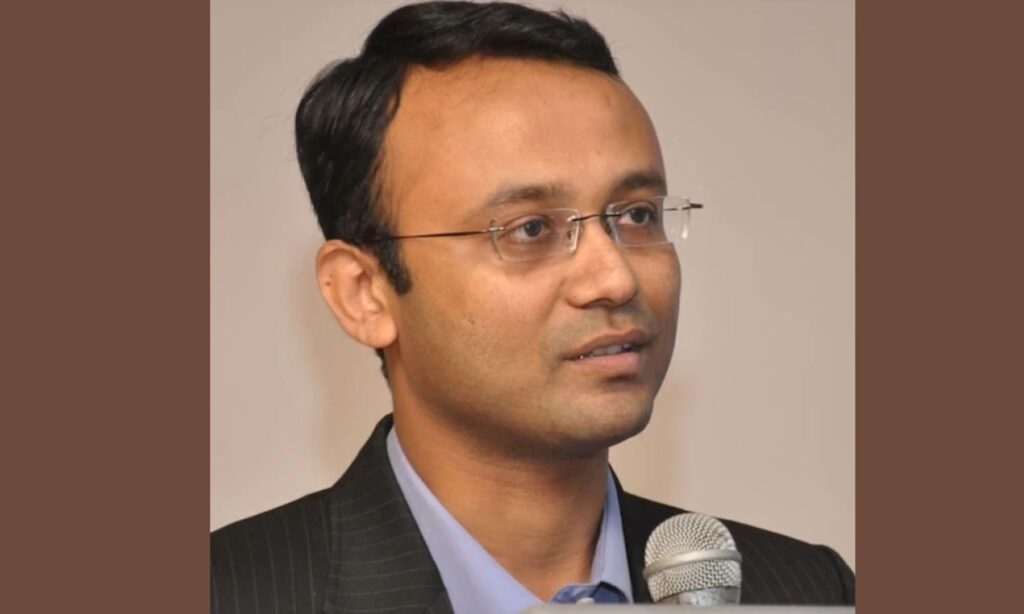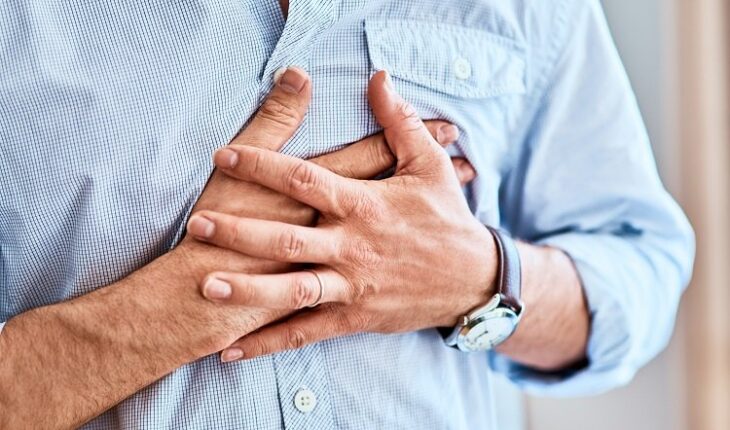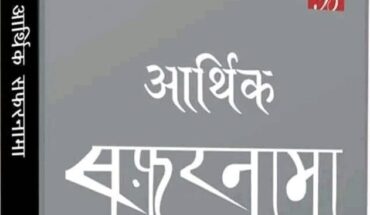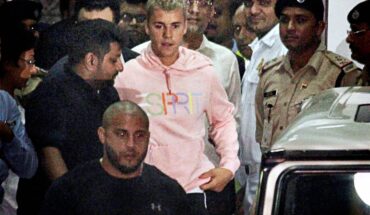The sudden death of a renowned Cardiologist Dr Gaurav Gandhi has shock the nation. A doctor who has an expertise in performing thousands of heart surgeries dies of massive heart attack. The news of his untimely demise has not only shocked the people of Jamnagar in Gujarat but the entire country.

Dr Gaurav Gandhi ,a 41 year old cardiologist in Jamnagar suffered cardiac arrest in the morning of 6 June. He died at the hospital during treatment. His death has once again sparked questions about heart attack in young people as he did not have any symptoms. According to his colleague, Dr Saugata Chatterjee, Assistant Medical superintendent at Guru Gobind Singh Hospital in Jamnagar. Dr Gaurav was physically fit, non smoker and a teetotaler. He had no medical history of heart problem and neither he did he catch any infection of Covid 19. But his sudden demise has raised questions and worries of can a normal person with no medical history suffer cardiac arrest.
What is Sudden Cardiac Arrest?
Sudden cardiac arrest is a life threatening condition where your heart comes to a standstill. Your heart stops pumping blood due to which the body organs are at risk of death. They must constantly receive oxygen. Emergency treatment includes cardiopulmonary resuscitation (CPR) and defibrillation. CPR keeps enough oxygen in your lungs and gets it to your brain until an electric shock restores a normal heart.
According to the Centers for Disease Control and prevention (CDC) around 2000 young, seemingly healthy people under the age of 25 die of sudden cardiac arrest every year in United States. These deaths leave huge impact on lives of their families. It is important to identify risk factors that can help prevent these tragedies. Sudden cardiac arrest mostly occurs in young adults in their mid 30-40s. It affects more in males as compared to females. Although sudden cardiac arrest are rare in children.
What happens during cardiac arrest?
When a person suffers sudden cardiac arrests, the body stops receiving oxygen. When immediate help is not given it becomes fatal. Some people experience chest pain at that time but if you lose consciousness you don’t feel pain. The sudden cardiac arrest has many risk factors especially coronary heart disease. Certain genetic causes of heart diseases such as hypertrophic cardiomyopathy also increase the risk of sudden cardiac death.
Symptoms
In most of the cases sudden cardiac arrest happens without any prior symptoms. Sometimes it may include fainting, chest pain, dizziness, shortness of breath, feeling sick at stomach and throwing up. Abnormal heart rhythms called arrhythmias cause sudden cardiac arrests. The most common life threatening arrhythmias is ventricular fibrillation. When this happens your heart stops pumping blood and if immediate treatment is not provided a person can die.
Other sudden cardiac arrest deaths causes include cardiomyopathy. Alcohol use disorder, Obesity and genetic disorders of your heart muscle. In young adults most sudden cardiac arrest occurs while playing sports, in gyms, while running and jogging. So it is important for everyone to maintain a healthy lifestyle and follow regular heath checkups. Avoid smoking and alcohol. Teach your family the importance of CPR .The young Athletes should also have a heart screening every year. This should include their personal and family history with a physical examination.
Recovery after sudden cardiac arrest– Surviving cardiac arrest is the start of a long recovery for many. You can have a brain damage if your brain was without oxygen for long hours. Also you may have some mental health problems like stress and anxiety. Recovery is a slow process but rehabilitation program is available. It is a stressful experience so people take time to recover. Always stay in touch with your Doctor, you may feel safe if your family is trained in CPR so that they can help you if you have another such cardiac arrest.





